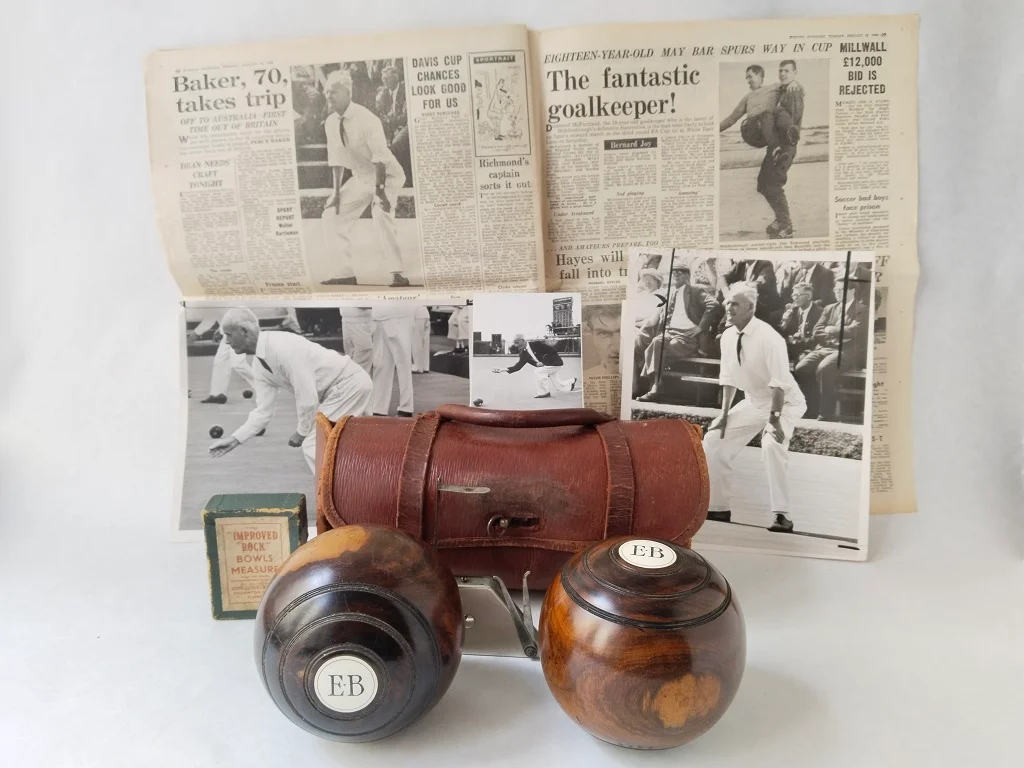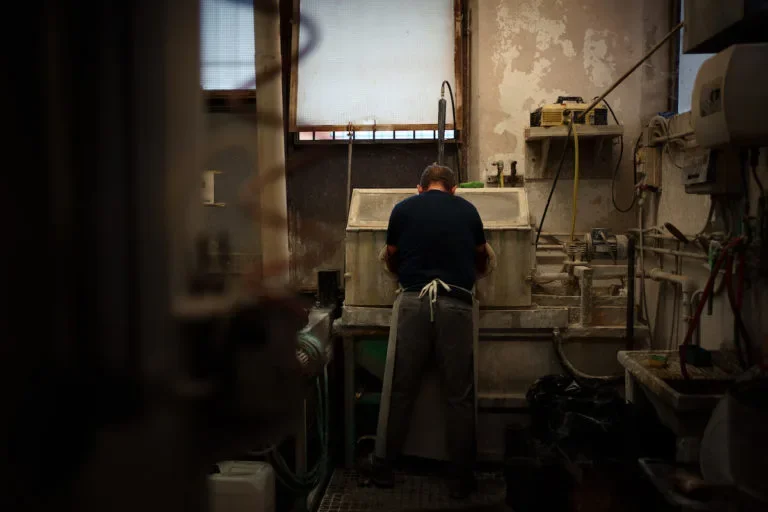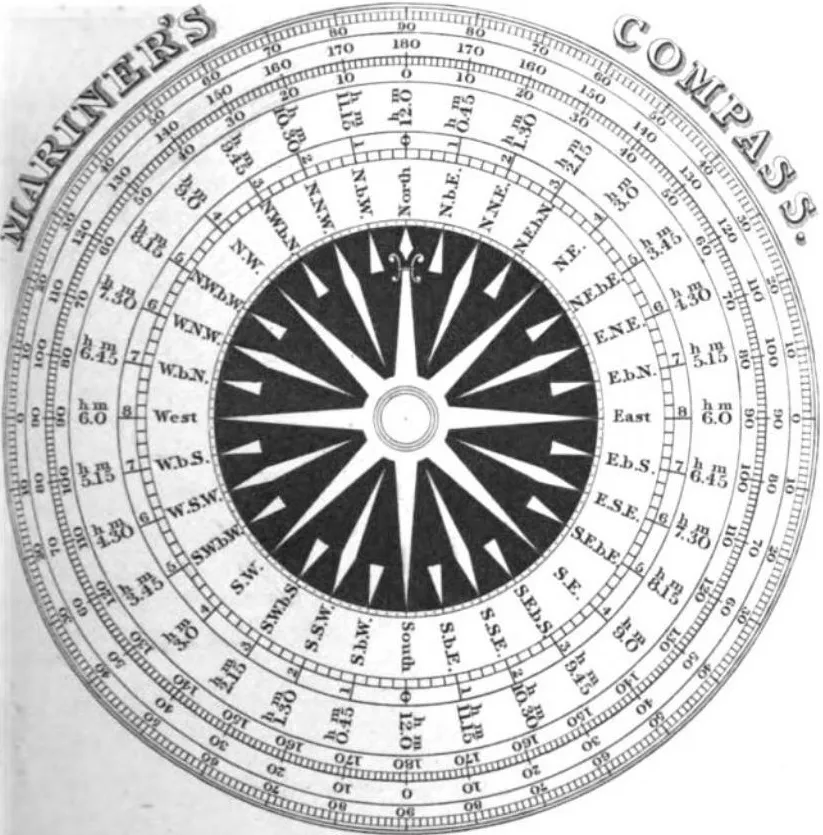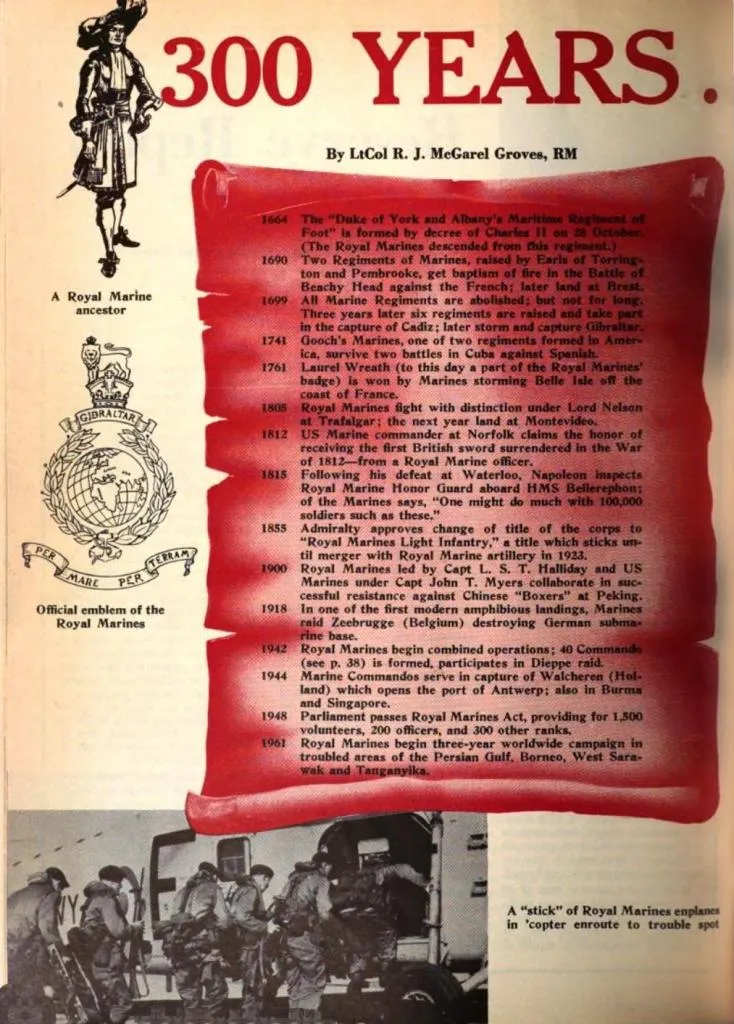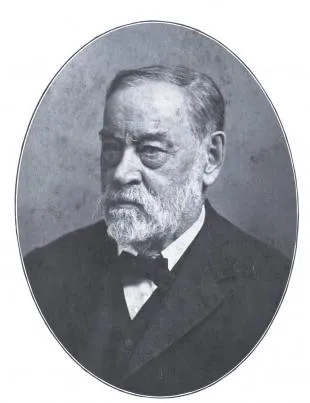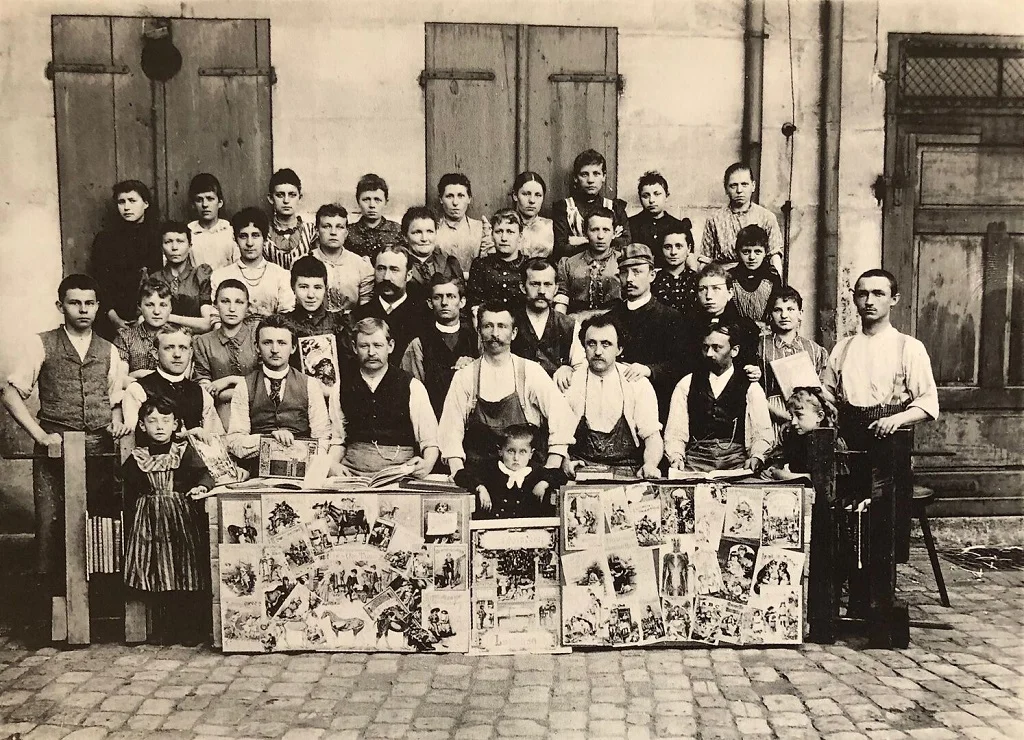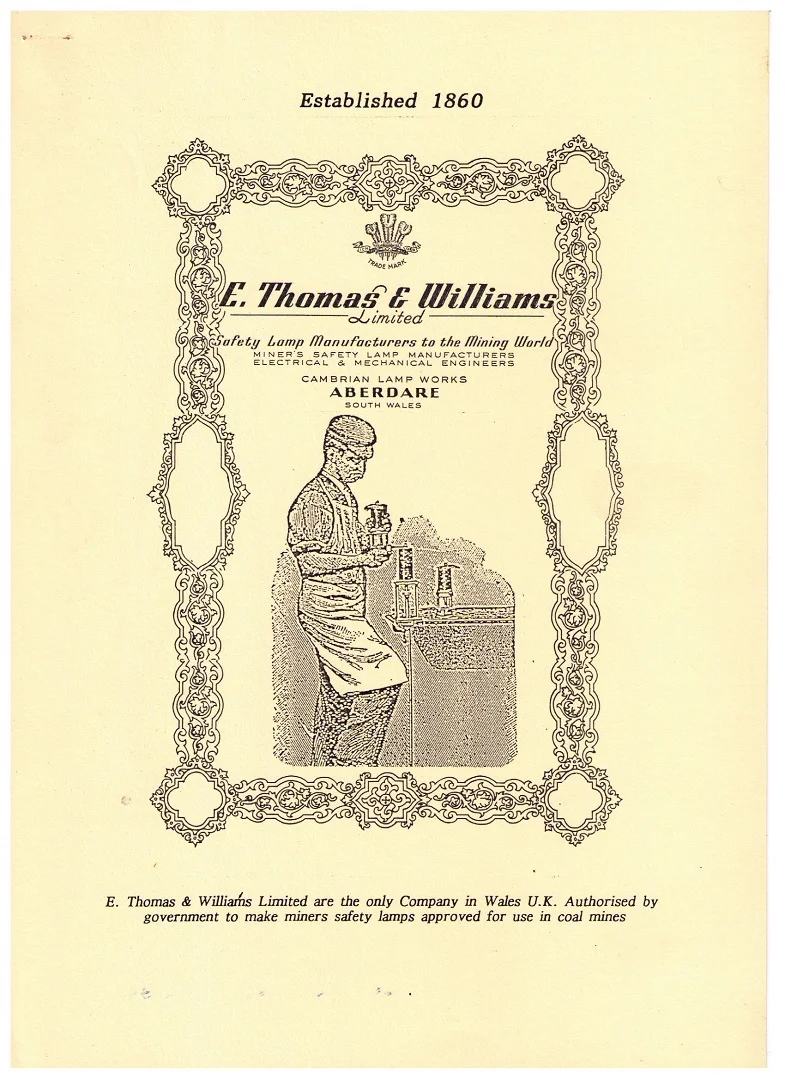The History of Milkovits & Comp., Vienna
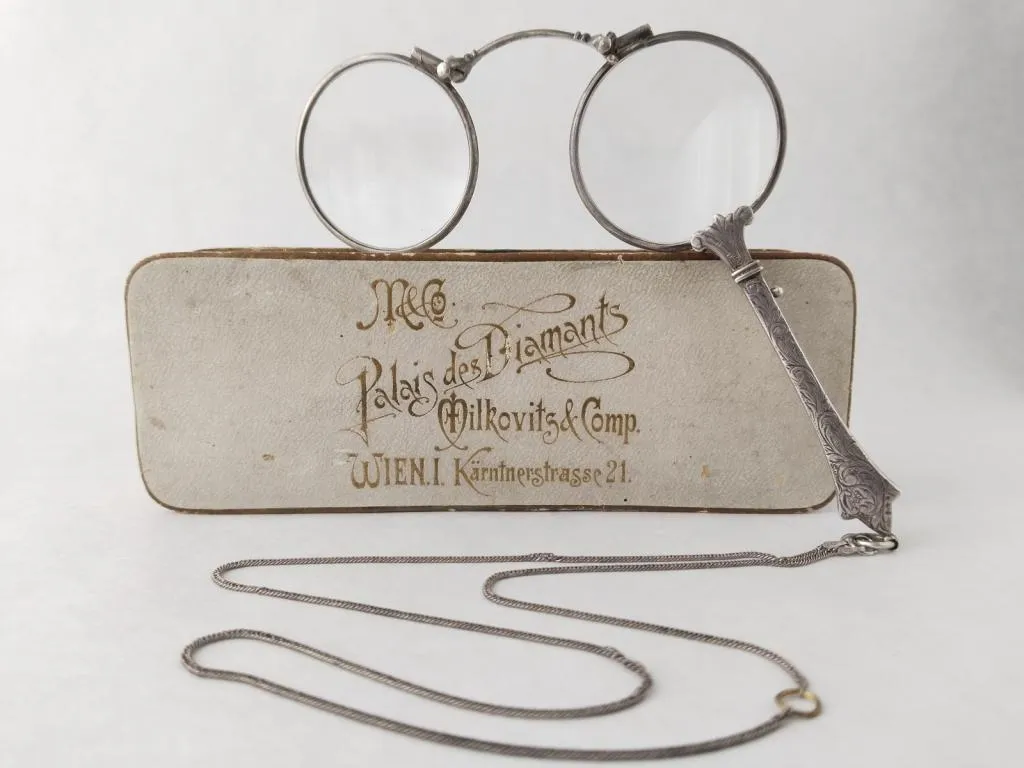
Discover the fascinating history of Milkovits & Comp., a renowned Viennese jeweler once located on Kärntnerstraße, and uncover its legacy through rare historical records and photographs.
From its origins in Lenobel’s Adressbuch, the relocation of Palais des Diamants, and its elegant presence on Kärntnerstraße No. 21, to the bustling business of 1912, the destruction and rebuilding after WWII, and the lasting legacy of fine craftsmanship—this article uncovers the story of Milkovits & Comp. in Vienna’s golden era of luxury.
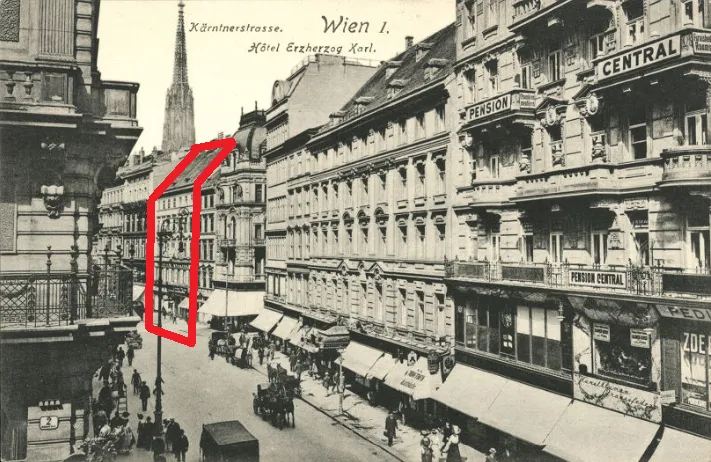
Source: Austrian National Library
Vienna’s Kärntnerstraße has long been synonymous with elegance, commerce, and high society. Among the many prestigious jewelers and luxury retailers that lined this grand boulevard, one name stood out in the late 19th and early 20th centuries: Milkovits & Comp. This firm specialized in fine jewelry and luxury accessories, including exquisite silver lorgnettes. Through archival materials and historical photographs, we can trace the evolution of this remarkable company, its location, and the dramatic changes to its surroundings over the past century.
The Origins of Milkovits & Comp.

The first documented mention of Milkovits & Comp. as a jeweler appears in Lenobel’s Adressbuch (1914), which categorizes businesses in Vienna by industry and location. The company is listed under "Bijouteriewaren" (jewelry goods) at Kärntnerstraße 21, confirming its role in crafting and selling fine jewelry. This prestigious address placed it in the heart of Vienna’s luxury district, surrounded by other esteemed jewelers and watchmakers.
The "Palais des Diamants" and the Relocation
The Palais des Diamants, the brand under which Milkovits & Comp. operated, was originally located at Kärntnerstraße 35. A newspaper advertisement from 1897 in the Fremden-Blatt lists this address, promoting their fine diamond-studded accessories, brooches, and elegant lorgnettes. At some point after 1897, the business moved from Kärntnerstraße 35 to Kärntnerstraße 21, a shift that placed it in a more central and prestigious position within Vienna’s luxury shopping hub.
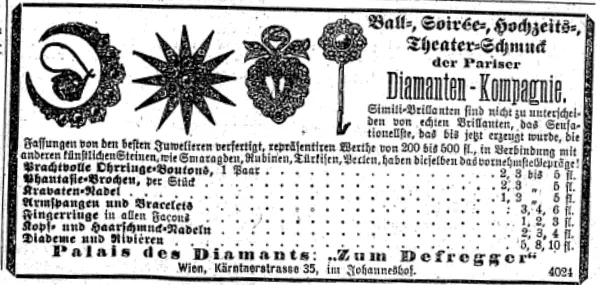
The Elegant Kärntnerstraße No. 21
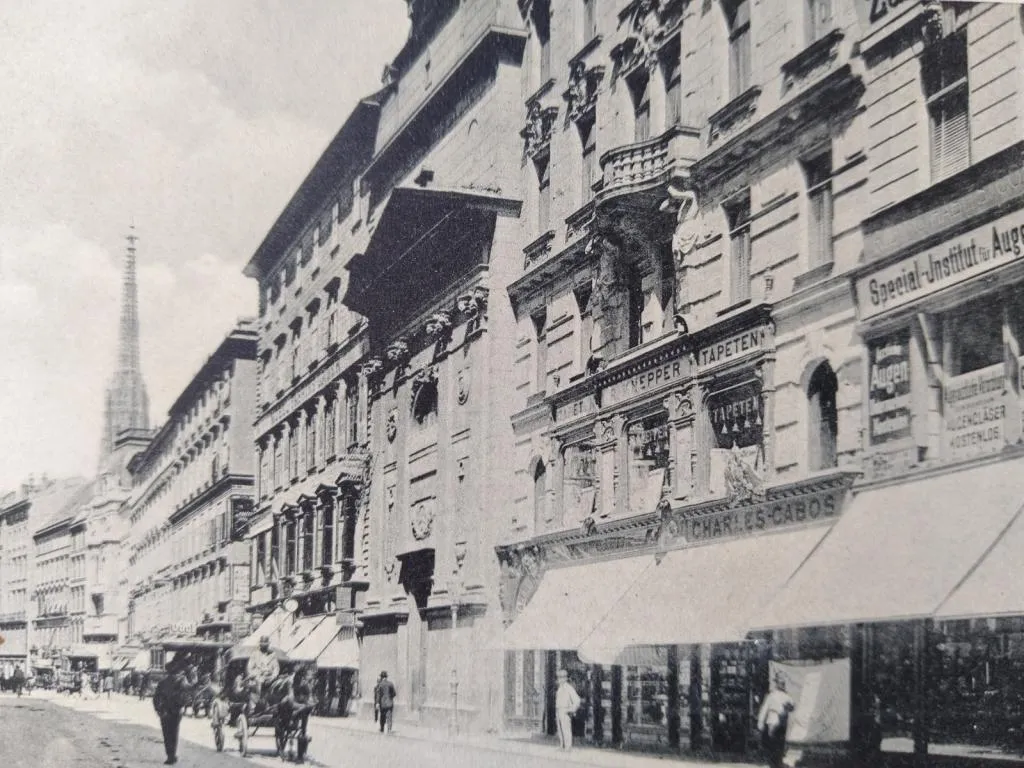
By the early 1900s, Milkovits & Comp. was fully established at Kärntnerstraße 21. The street itself was a vibrant center of commerce, lined with grand buildings, high-end boutiques, and elegant arcades. A postcard from circa 1901 shows the exact location of the shop, marked in red, as part of a lively urban scene. The building at Kärntnerstraße 21 was a striking example of Viennese historicist architecture, featuring elaborate facades and decorative elements fitting for a high-end jeweler.
The Bustling Business of 1912
A postcard from 1912 provides a glimpse of Kärntnerstraße 21 in a later period, showing how the street remained a hub for commerce and social activity. By this time, Milkovits & Comp. had been at this location for well over a decade, catering to Vienna’s elite with their finely crafted jewelry and accessories. The bustling pedestrian and carriage traffic depicted in the image is a testament to the area's importance as a center for luxury shopping.
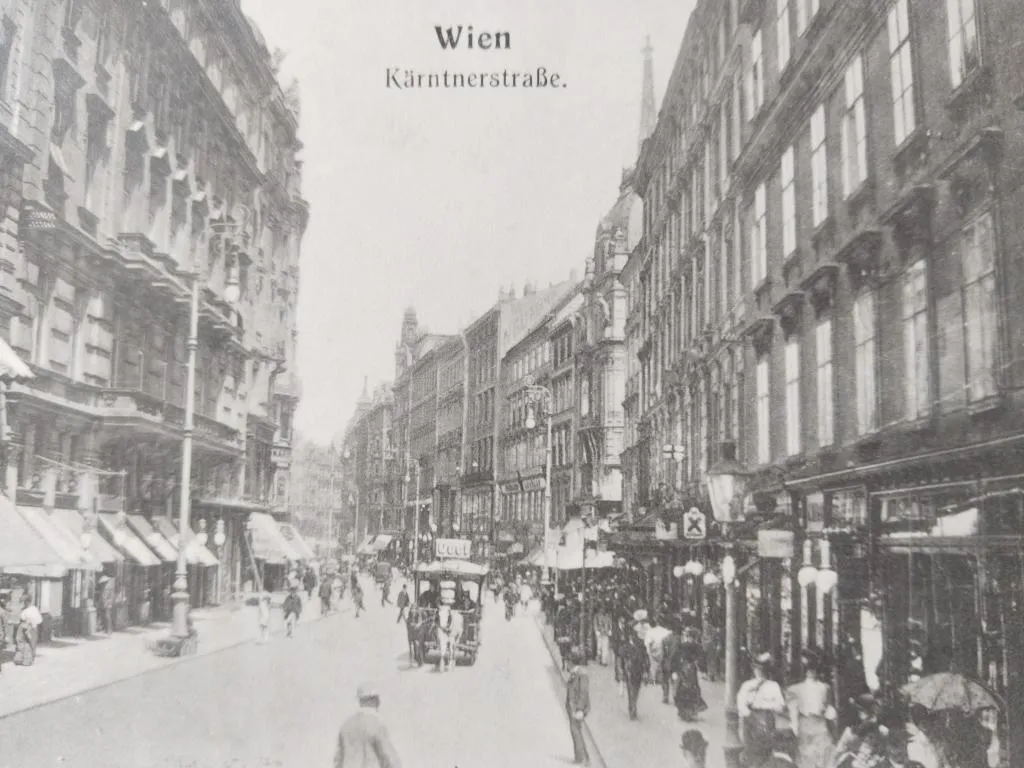
The Destruction and Rebuilding of Kärntnerstraße
Tragically, during World War II, the historic building at Kärntnerstraße 21 was destroyed by bombing raids. This once-elegant structure, which had housed Milkovits & Comp., was lost to history. In the post-war years, a new modern building was constructed on the site, now encompassing Kärntnerstraße 21-23. The sleek contemporary architecture contrasts sharply with the ornate grandeur of its predecessor, marking a significant transformation in the city's architectural landscape.
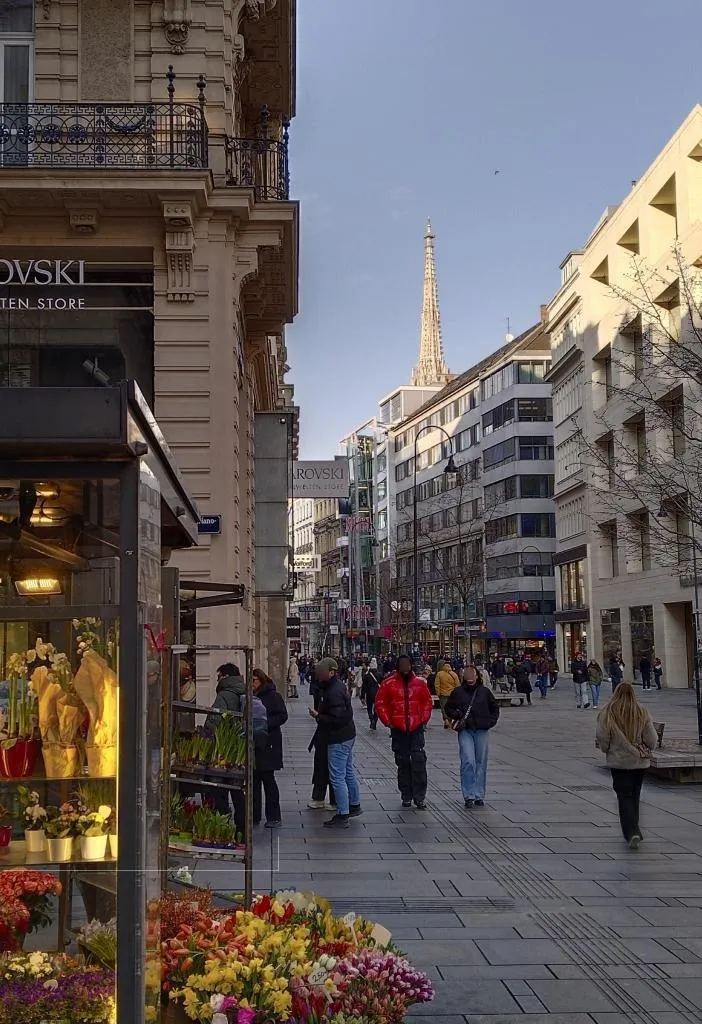
Source: by Stable MARK - own Work
A Legacy in Fine Craftsmanship
While the exact fate of Milkovits & Comp. remains unclear, their legacy endures through their exquisite silver lorgnettes and other fine jewelry pieces that still surface in antique collections today. These artifacts are a testament to the company’s exceptional craftsmanship and the golden era of Viennese luxury goods. The movement of Palais des Diamants from Kärntnerstraße 35 to Kärntnerstraße 21, as well as its confirmation in Lenobel’s Adressbuch, solidifies its place in Vienna’s rich history of jewelry-making.
For collectors and historians, each piece bearing the name of Milkovits & Comp. offers a tangible link to the refined elegance of Vienna’s past, a time when craftsmanship and luxury defined the city’s most famous shopping boulevard.
You may also like
Share this article
